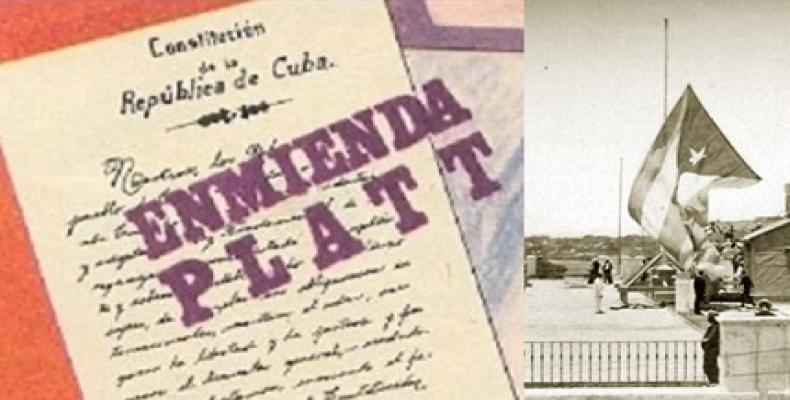
The Republic is unwilling to satisfy yearnings for social justice.
By: Roberto Morejón
May 20 passed with the usual normality for Cubans, who are immersed in resistance and creative struggle amid accentuated shortages resulting from the US blockade. However, they are not longing for a date that the ultra-right in Miami wants to impose: the beginning of the Republic in 1902, which was effectively tied to Washington.
As historians and other experts have pointed out, the Republic founded on 20 May 1902 can be described as neocolonial, since it was established under the control of the northern power.
The Cuban bourgeoisie accepted the intervention and cut off any arrangement with the mambises, who had fought with great sacrifice and at great personal cost against Spanish domination.
It was a republic tied to the Platt Amendment, which broke national independence and gave Washington the right to intervene in the Caribbean archipelago.
This period of almost half a century saw the consummation of the military occupation of a country that had intervened in the conflict known as the Spanish-Cuban-American War, under the pretext of the explosion of the battleship Maine.
The republic established under Tomás Estrada Palma, who was subservient to Washington, diluted the aspirations of revolutionary leaders such as José Martí, Antonio Maceo, Máximo Gómez and other patriots who had fought against the Spanish colonialists to achieve freedom and independence for Cuba.
The Democratic Republic, as conservatives call it, saw the rise of dictatorships such as those of Gerardo Machado and Fulgencio Batista, as well as docile governments.
These governments allowed the United States to control almost the entire national economy, authorise extortionate loans and control the media within a short period of time.
This empty republic, devoid of a national state serving the interests of the majority, would end with the insurrectionists' triumph in the Sierra Maestra in 1959, led by Fidel Castro.
The historical leader affirmed: 'The Republic was not free in 1895, and the Mambises' dream was thwarted at the last moment'.
The words of the US Secretary of State, Marco Rubio, who congratulated Cubans on May 20, 1902 on what he called the island's Independence Day, sound hollow.
The former senator was actually referring to a pseudo 'Republic', a pro-annexationist movement masquerading as independence.

